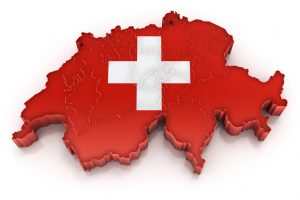Policy of Neutrality :

Switzerland’s Ambassador said that its traditional foreign Policy of Neutrality (Swiss Neutrality) has become attractive again because of the changing political reality in the world.
The Policy of Neutrality:
- It is a foreign policy position wherein a state intends to remain neutral in future wars.
- A sovereign state that reserves the right to become belligerent if attacked by a party to the war is in a condition of armed neutrality.
- A permanently neutral power is a sovereign state which is bound by international treaty, or by its own declaration, to be neutral towards the belligerents of all future wars.
- An example of a permanently neutral power is Switzerland. Other being Ireland, Austria, etc.
- The concept of neutrality in war is narrowly defined and puts specific constraints on the neutral party in return for the internationally recognized right to remain neutral.
- International Day of Neutrality is a United Nations recognized day held on 12th December each year to raise public awareness of the value of neutrality in international relations.
- National policies of neutrality are aimed at promoting the use of preventive diplomacy, which is a core function of the United Nations.
- The term “Preventive diplomacy” refers to diplomatic action taken to prevent disputes from escalating into conflicts and to limit the spread of conflicts when they occur.




